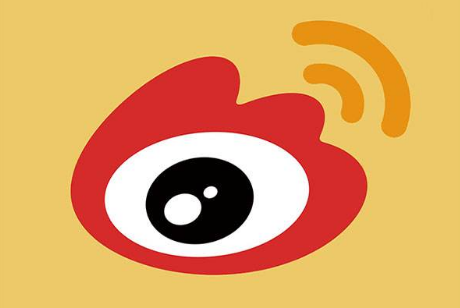The Economist Weibo traffic is down?

Three years after Twitter launched in 2006, Chinese techies created a similar microblogging service in China. Weibo (literally “microblog” in Chinese) boasted an average of 241m daily active users in March, more than Twitter.
Three years after Twitter's launch in 2006, Chinese technicians created a similar microblogging service in China. In March, Sina Weibo claimed to have 241 million daily active users, surpassing Twitter.
Like its American cousin, Weibo allows users to follow other users, tweet, retweet and browse a real-time list of trending topics (though it steers clear of politics, out of bounds in its communist homeland). And like Twitter, it relies heavily on advertising revenue.
Like its U.S. version, Weibo allows users to follow other Americans, tweet, retweet and browse real-time lists of popular topics (though it will guide) away from politics, which is off-limits on its home site. Like Twitter, it relies heavily on advertising revenue.
So as coronavirus-induced uncertainty led advertisers to slash budgets, Weibo saw advertising revenue, which accounts for nearly 90% of sales, plunge. In the first quarter it fell by a fifth year on year, to $275m.Operating profit plummeted by more than half, to $58m.
As a result, weibo advertising revenue, which accounts for nearly 90 percent of sales, has plummeted as uncertainty caused by coronavirus has led advertisers to slash budgets. In the first quarter of this year, that figure fell five years from a year earlier to $275m. Operating profit more than halved to $58m.
Delayed second quarter results, due on September 28th, maybe less terrible. China was the first to be hit by covid-19 but began to recover just as the West went into lockdown. But Weibo also confronts a longer-term challenge. Yujun Shao of Westwin, a Shanghai-based digital-marketing firm, notes that for much of the past decade two firms—Weibo and Tencent (which owns WeChat, a messaging service)—sucked in the vast majority of advertising spending on Chinese social media.
The delayed second-quarter results, due on September 28th, may not be so scary. China was the first country to be infected with the new crown pneumonia, but it was only when the West went into a blockade that China began to recover. But microblogging also faces a long-term challenge. For much of the past decade, Weibo and Tencent, which owns weChat, the messaging service, have absorbed the vast majority of advertising spending on Chinese social media, according to Yujun Nie of Westwin, a Shanghai-based digital marketing company.
Today the “big two”are competing for ad yuan with another behemoth, ByteDance, which operates Douyin, an addictive short-video app (as well as TikTok, its global version).Other rising internet stars, such as Pinduoduo, which offers bargain shopping,are also muscling in on the advertising market.
Now the two giants are vying with another giant for a share of advertising. Byte Beats has launched the addictive short video app Jitter, as well as its global version of TikTok. Other rising internet stars, such as Mr. Dodo, which offers special-price shopping services, are also squeezing into the advertising market.
Weibo already boasts more than half a billion registered users in China. But user growth has slowed. To keep advertisers on board,Weibo must therefore boost user engagement. The company understands this. It already sports a richer array of functions than Twitter, for example a popular question-and-answer service in the mould of Quora. It is constantly adding new ones.
Weibo already has more than 500 million registered users in China. But user growth has slowed. In order to retain advertisers, microblogging must improve user management. The company understands this. It already has more features than Twitter, such as a popular question-and-answer service, similar to Quora. It's constantly adding new ones.
In 2018 it acquired Yizhibo, in which people live-stream stand-up comedy,moonwalks and other acts for tips. Last year it launched a photo-sharing service akin to Instagram called Oasis. Still, Weibo’s revenues per user have been declining since 2018, and its share price with them . That is one more feature it has in common with Twitter—but is the opposite of what you would expect from a platform with strong network effects, such as Facebook.
In 2018, the company acquired a live stream in which people can get a tip for live crosstalk, moonwalks and other shows. Last year, it launched Oasis, an Instagram-like photo-sharing service. Still, Weibo's revenue per user has been falling since 2018, and its share price has fallen. That's another thing it has in common with Twitter - but it's the opposite of what you'd expect from a platform with a powerful web effect, such as Facebook.
END
Key words:
akin (əˈkɪn) adj. similar; Similar
plummet (ˈplʌmɪt) v. plunge; Speed down
slash (slæʃ) v. (with sharp weapon) cut, chop; Significant reductions; Greatly reduced
behemoth (bɪˈhiːməθ) n. Giants (refers to large, powerful companies or institutions)
▼
The Economist How do I protect your privacy?
The Economist China's streaming war
Bilingual reading in English foreign journals






↓Let's go with a compliment↓
Go to "Discovery" - "Take a look" browse "Friends are watching"